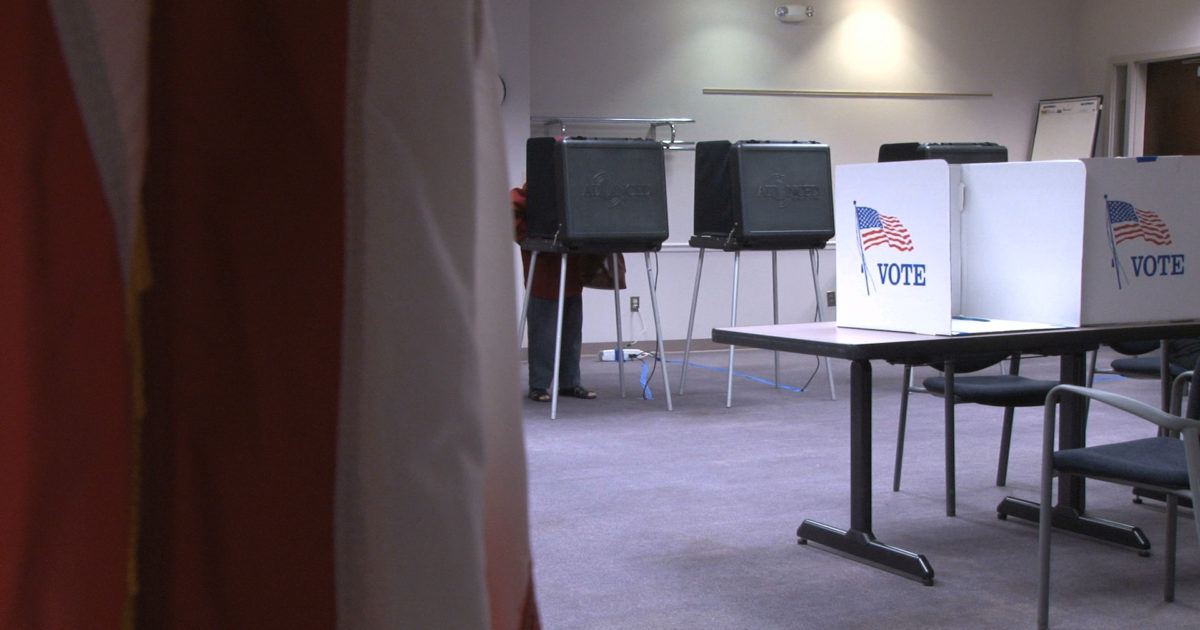Assembly Bill Runs Afoul of Federal Court Decision Protecting Early Voting
Legislation Would Impose ‘Separate and Unequal Process’ in Violation of Court Ruling Striking Down Discriminatory Early Vote Restrictions

MADISON, Wis. — A public hearing on Assembly Bill 637 today underscores serious flaws in the proposal that put it at odds with a federal court decision protecting early voting.
Under the the bill municipalities would be allowed to use electronic voting machines to process early votes. But additional provisions would require different processes for counting early votes depending on where the vote is cast and re-impose restrictions on dates and times of early voting to eliminate weekend and some evening hours.
In the ruling in One Wisconsin Institute, et al. v. Thomsen, et al., the federal court found the elimination of weekend and evening early voting to be intentional race discrimination. The court also struck down state law that prevented municipalities from offering multiple early voting locations.
Since the ruling, the City of Madison has offered early voting at public libraries and the City of Milwaukee in its recently adopted budget expanded satellite voting to eight locations. Many other municipalities across the state have also offered satellite locations and extended hours to make voting easier and more convenient.
The following are the statements of One Wisconsin Institute Executive Director Scot Ross:
“This legislation runs afoul not just of common sense but of a federal court ruling protecting voting rights in Wisconsin.
“With this bill the Republican legislature would impose a separate and unequal process, restricting early voting in a way that a federal court ruled more than a year ago was unconstitutional and intentionally racially discriminatory.
“Only allowing electronic voting machines in local clerk’s offices also flies in the face of a federal judge’s ruling that the prohibition on multiple early voting locations is unconstitutional.
“These end-arounds must be immediately removed. Otherwise this bill is discriminatory and not remotely constitutional.”
Relevant passages from Judge James Peterson’s ruling in One Wisconsin Institute, et al. v. Thompson et al.:
“I find that 2013 Wis. Act 146, restricting hours for in-person absentee voting, intentionally discriminates on the basis of race. I reach this conclusion because I am persuaded that this law was specifically targeted to curtail voting in Milwaukee without any other legitimate purpose. The legislature’s immediate goal was to achieve a partisan objective, but the means of achieving that objective was to suppress the reliably Democratic vote of Milwaukee’s African Americans.” Opinion at 6.
“Based on the evidence that plaintiffs have presented, the court finds that Wisconsin’s restrictions on the hours for in-person absentee voting have had a disparate effect on African Americans and Latinos. The court also finds that the legislature’s justification for these restrictions was meager, and that the intent was to secure partisan advantage. Finally, the court finds that the legislature specifically targeted large municipalities—Milwaukee in particular—intending to curtail minority voting. Combined, these findings lead the court to further find that the legislature passed the provisions restricting the hours for in-person absentee voting motivated in part by the intent to discriminate against voters on the basis of race.” Opinion at 45.
